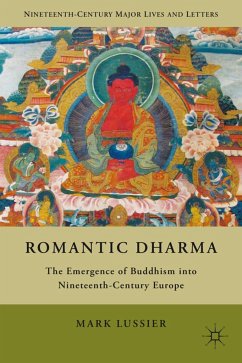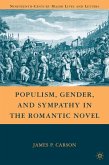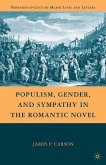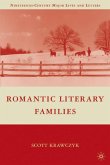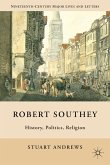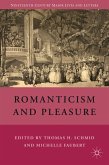Romantic Dharma maps the emergence of Buddhism into European consciousness during the first half of the nineteenth century, probes the shared ethical and intellectual commitments embedded in Buddhist and Romantic thought, and proposes potential ways by which those insights translate into contemporary critical and pedagogical practices.
"Buddhology has long endured debates over the status of the Buddhist scholar/practitioner. Here, in a different academic context, we can see the results of a Buddhist view of reality allied to thorough western scholarship. Read this book. It may just reflect the future direction of the humanities." - Relegere
"Lussier brings a unique combination of wide-ranging, original scholarship and intimate knowledge of Buddhist texts and practices to bear on this rich and demanding topic. Those looking for a reliable, stimulating, and inspiring introduction to the study of Buddhism and Romantic culture will find it in Romantic Dharma." - Alan Richardson, Professor of English, Boston College and author of The Neural Sublime
"This meticulously researched, personally poignant, and profoundly engaging book does two things at once. First, Lussier makes it impossible to read 'The West' as a monolith impervious to outside influences; Lussier does a fine job showing just how much Buddhism flowed into Western channels in early modernity. Secondly, through painstaking close readings of several Romantic authors, Lussier shows how deeply engrained are the affinities between Romanticism and Buddhism." - Timothy Morton, Professor of Literature and Environment, University of California, Davis
"Lussier brings a unique combination of wide-ranging, original scholarship and intimate knowledge of Buddhist texts and practices to bear on this rich and demanding topic. Those looking for a reliable, stimulating, and inspiring introduction to the study of Buddhism and Romantic culture will find it in Romantic Dharma." - Alan Richardson, Professor of English, Boston College and author of The Neural Sublime
"This meticulously researched, personally poignant, and profoundly engaging book does two things at once. First, Lussier makes it impossible to read 'The West' as a monolith impervious to outside influences; Lussier does a fine job showing just how much Buddhism flowed into Western channels in early modernity. Secondly, through painstaking close readings of several Romantic authors, Lussier shows how deeply engrained are the affinities between Romanticism and Buddhism." - Timothy Morton, Professor of Literature and Environment, University of California, Davis

